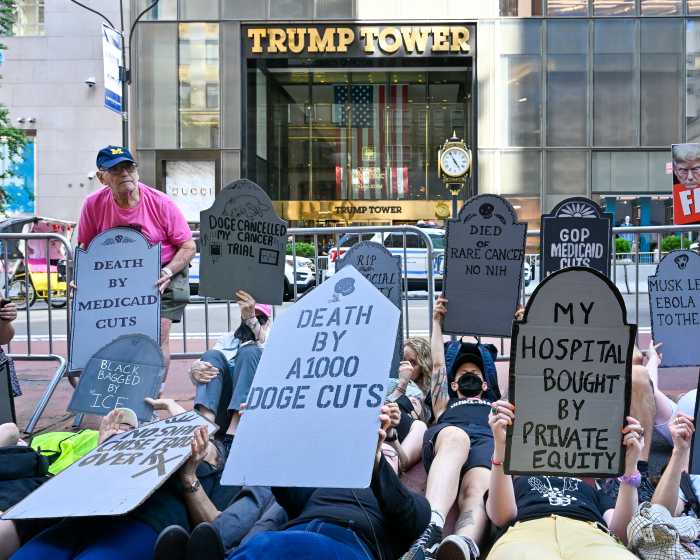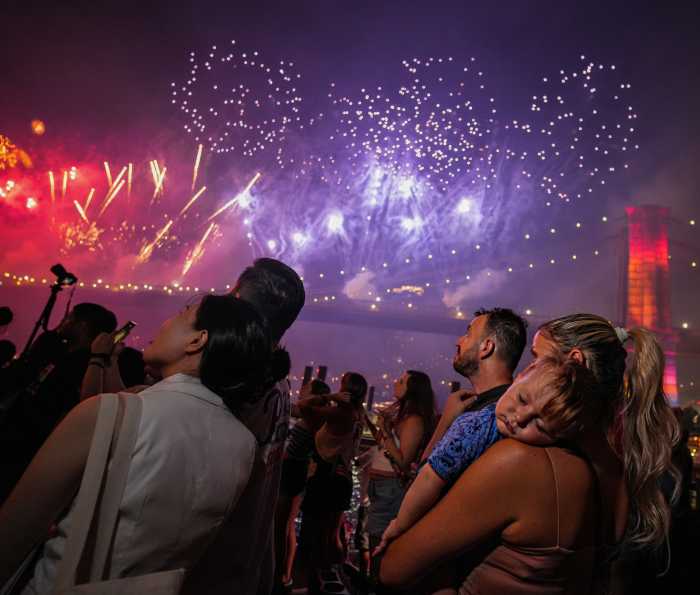It was supposed to be a routine flight between LaGuardia Airport and Charlotte, N.C. But when engine trouble forced the plane to crash land, the trip became anything but routine.
US Airways Flight 1549 took off from LaGuardia around 3:25 p.m. on Jan. 15, 2009, with 150 passengers and five crew members, including Capt. Chesley B. "Sully" Sullenberger. Less than two minutes later, as the plane ascended and sped up, geese got caught in the engines, destroying them.
Sullenberger, 62, in one of his many moments of calm courage, immediately warned air traffic controllers that he would have to change course.
"Hit birds. We’ve lost thrust on both engines. We’re turning back towards LaGuardia," he said.
Several options were considered, including landing at Teterboro, but things were getting grim and the plane was losing speed and altitude. Only one option was left for the veteran pilot, a former U.S. Air Force officer.
"We’re gonna be in the Hudson," he told air traffic controllers.
The plane passed the George Washington Bridge and Sullenberger aimed for a section of the Hudson River near 50th Street. He later told reporters that it was a good location for a crash landing on the water because it was so close to several boats.
Passengers received a warning to brace for impact and the plane touched down on the water. Crews immediately instructed passengers to evacuate onto the wing and inflatable areas as rescue teams rushed to the floating plane.
Dozens of passengers were sent to hospitals, but only one person, a flight attendant, was seriously injured with a laceration to her leg. Everyone on the plane survived the six-minute ordeal.
As the eyes of the world turned toward Sullenberger and his heroics, Mayor Michael Bloomberg presented him and his crew members keys to the city and they received a standing ovation at Super Bowl XLIII at Raymond James Stadium in Tampa, Fla.
The captain made the talk show and news circuit and continues to be in the spotlight.
Sullenberger used his newfound fame to work on reforms that would prevent similar bird strikes and has testified at several hearings about the importance of clearing airspace for jets.



































